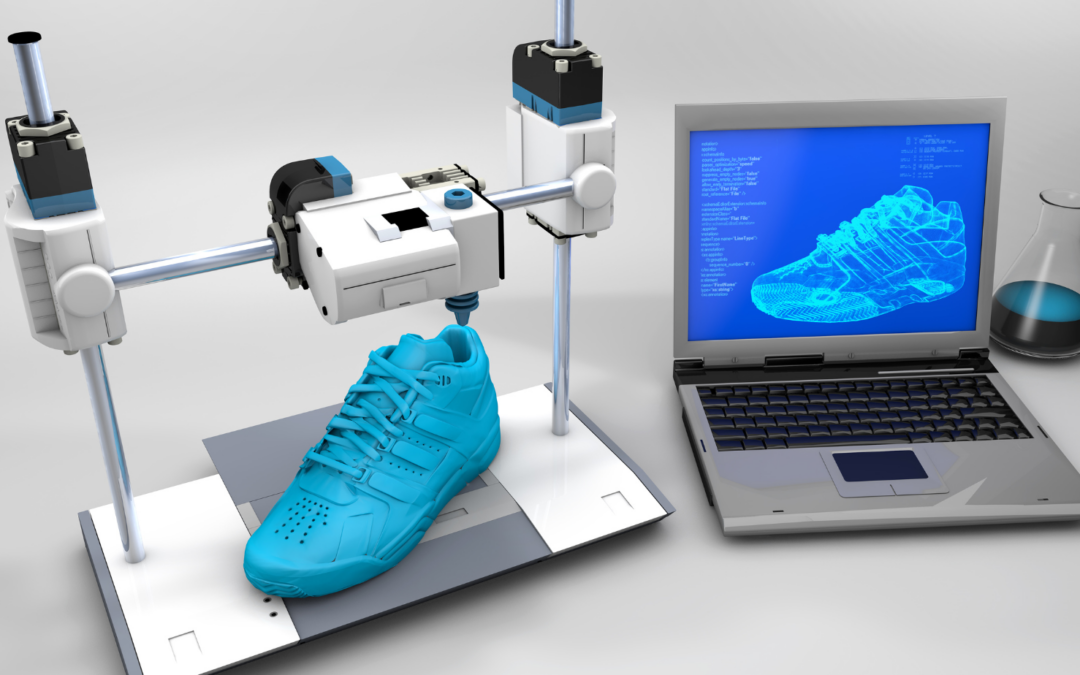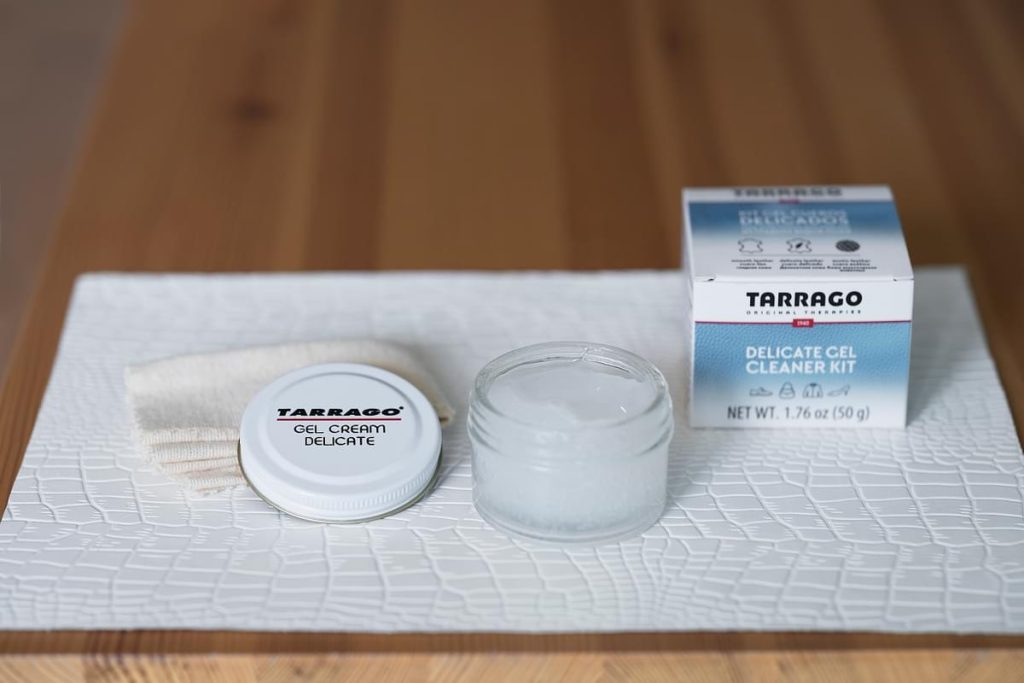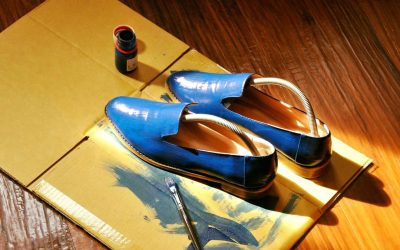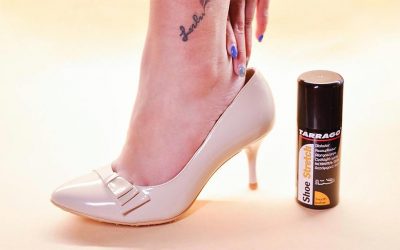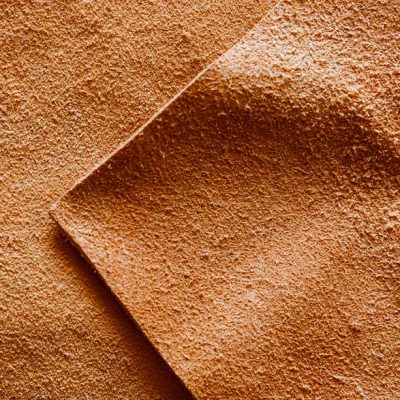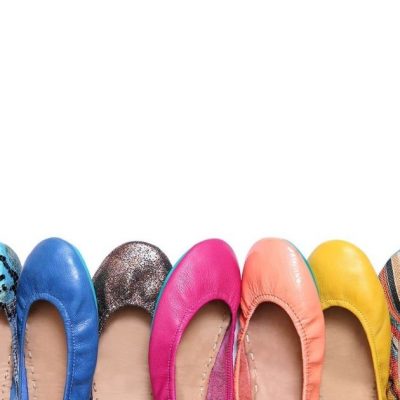In recent years, the footwear industry has been evolving fast. The market is now embracing new paradigms such as 3D-printing, advanced polymers, on-demand customisation, and digital platforms that democratise design. As we transition toward what some call Industry 5.0 — where humans and smart, flexible manufacturing increasingly converge — shoe design, production and consumption are changing. At Tarrago Brands, we believe in staying ahead of these trends, not only by developing care products for traditional shoes, but also by adapting them to new materials, technologies and aesthetics.
What is the new Footwear Industry 5.0?
Industry 5.0 is based on digitalisation meeting customization and sustainability.
- Personalised fit and design: Consumers (or independent designers) can create custom shoe designs, scan feet, and order bespoke footwear built around their individual foot geometry, style preferences, even localised production.
- On-demand manufacturing: 3D-printing and rapid prototyping enable shoes to be produced on demand, reducing waste, inventory and over-production.
- New materials and structures: Advanced polymers, TPU blends, flexible filaments, lattice/microstructure midsoles or hybrid 3D-printed. And algo organics and natural leathers such as leaf leather, algae-based textile.
- Sustainability and circularity: There is a push toward recyclable materials, remanufacturing, repairability, and extending the usable life of shoes — to reduce environmental impact.
Nowadays, we can already find many brands in the market with their own 3D printing designs. The prestigious brand Louis Vuitton announced in 2023 its LV Cobra model. Or, in a completely different category, the famous Havaianas flip-flops have had, since September 2025, an exclusive model created with 3D printing.
3D printing is not the only new trend in the market. Awareness of the circular economy, recycling, and the use of alternatives to plastic is gaining momentum. The rise of alternative and sustainable raw materials has led to the emergence of products and fabrics such as Vegea, a fabric made from leftover grape skins used in winemaking. Or nettle fiber which, although it may seem unsuitable for textiles in direct contact with the skin, has been refined into a soft silk. This plant requires less water for growth and processing.
How Tarrago Brands fits into this new paradigm
Throughout our trajectory since 1940, we have witnessed the market’s evolution—and we have adapted to it. The most drastic change has been, and continues to be, the development of new products without chemicals or substances harmful to health and the environment. The vast majority of our dyes are water-based, and we also offer many solvent-free solutions for cleaning, maintenance, and waterproofing. Likewise, we have products specially designed for the care and maintenance of delicate and vegan leathers.
Products for delicate or vegan leathers*:
Delicate Gel Cleaner: for delicate garments that require special cleaning and care
Premium Delicate Cream: an excellent alternative to nourish delicate leathers
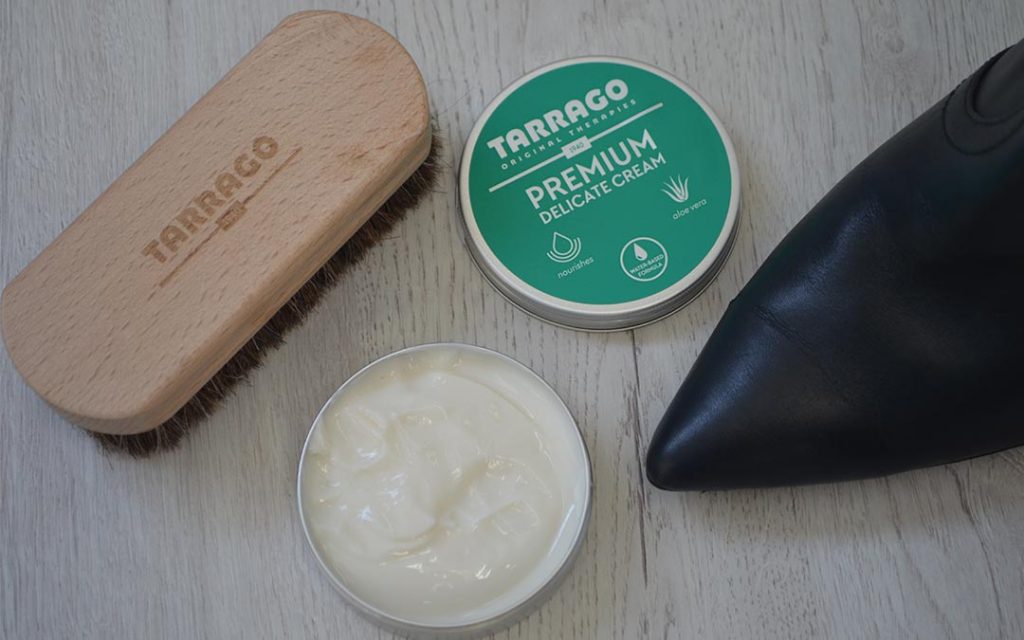
Premium Macadamia Oil: a nourishing cream designed exclusively for vegan leathers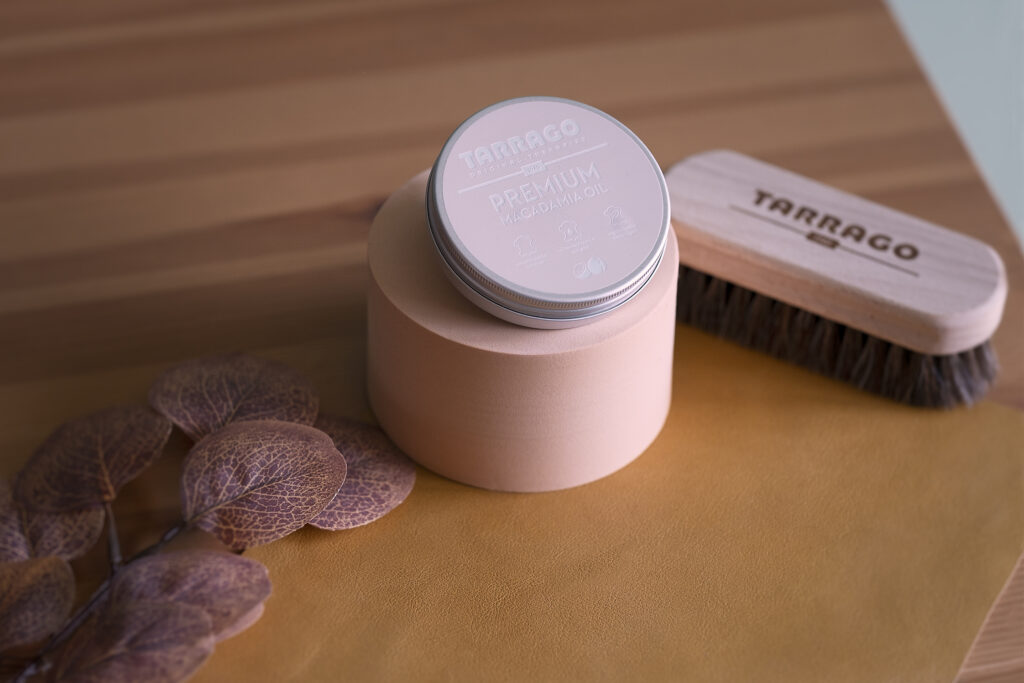
*If you own items made from new materials, please consult us before using our products to ensure compatibility with these surfaces.
